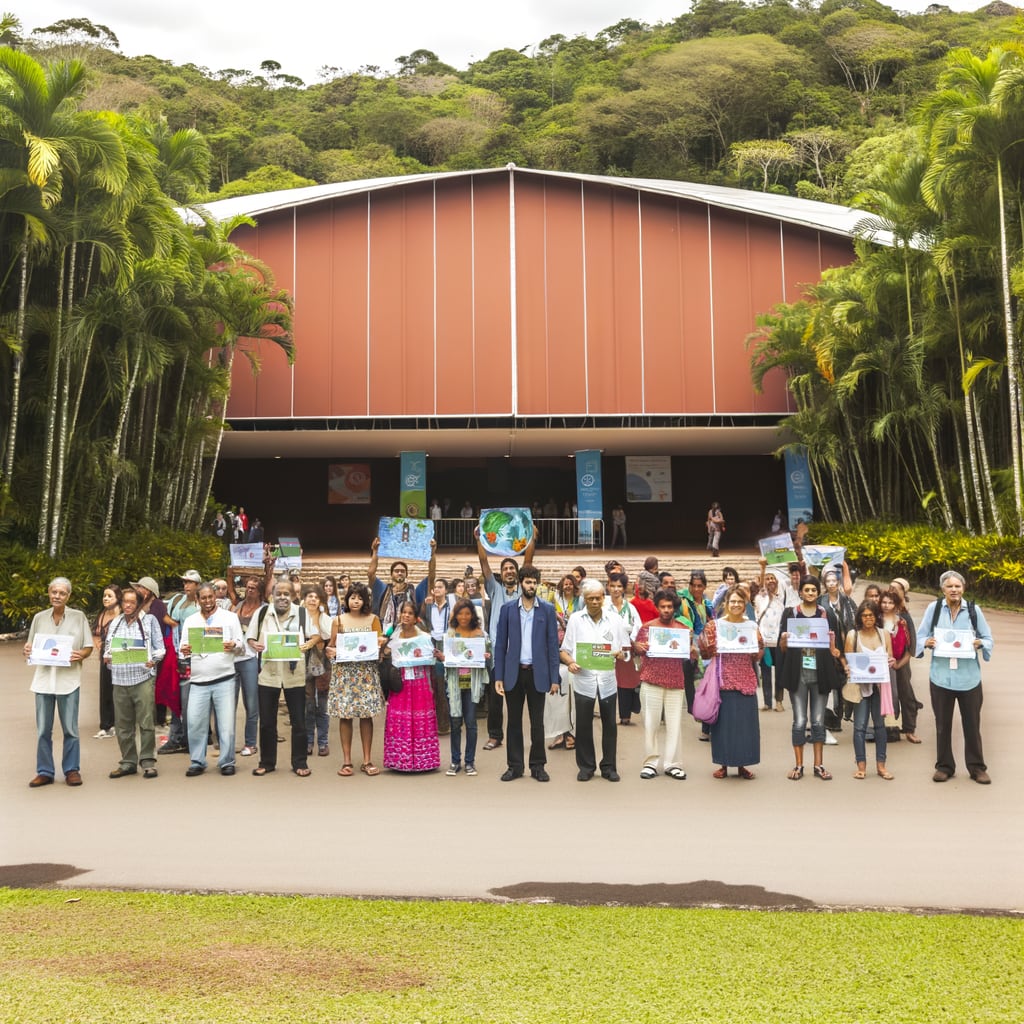High-stakes UN Climate Conference, COP30, Kicks-off in Brazil Amid Protests
The 30th United Nations (UN) Climate Change Conference, commonly known as COP30, is set to begin in Belém, Brazil, sparking an international convergence of climate leaders and activists. The conference, scheduled for November 6 to 21, 2025, sees prominent figures like President Luiz Inácio Lula da Silva of Brazil and Iran's Department of Environment (DOE) chief, Shina Ansari, among the attendees.
Background and Context
The climate conference is a key global event that gathers world leaders to discuss climate action and strategy. COP30 is of particular significance as it marks the tenth anniversary of the influential Paris Agreement. Brazil, as the host nation, has the critical role of bridging the gap between emerging and Northern countries and emphasizing the implementation of the achievements from previous COPs.
Key Developments
President Luiz Inácio Lula da Silva intends to focus on the balance of the ten years of the Paris Agreement, the Forest Fund, energy transition, and the importance of financing and the oceans during the leaders' summit preceding the main conference according to Folha de S.Paulo. The conference will also host a gathering of mayors from around the world, indicating a global commitment to tackle climate change at even the local level, as reported by the Japan Times.
Shina Ansari, Iran’s Vice President and Head of the Department of Environment, has also arrived in Brazil for the conference, according to IRNA English and Tehran Times. Ansari's presence underscores Iran's commitment to global climate action.
Protests and Reactions
While the conference is a beacon of hope for climate-friendly leaders, it has sparked protests demanding concrete actions against climate change. Activists from Oxfam, brandishing giant heads of leaders including Lula, Trump, and Starmer, have made their presence felt in Belém, as reported by Corriere della Sera. The protestors' demands reflect the high expectations and the urgent need for decisive action at COP30.
High Hopes, Higher Stakes
Optimistic
is the term Le Monde uses to describe Brazil's approach to the conference. As the host nation, Brazil aims to achieve concrete advancements for the climate and breathe life into climate multilateralism. However, this ambition comes amid a tense context requiring considerable diplomatic finesse.
Leaders, including Germany's Merz and Brazil's Lula, are convening ahead of the conference to discuss climate action, as reported by Deutsche Welle. Experts urge them to reaffirm their ambition to curb emissions, highlighting the high stakes of the conference.
Conclusion
The world's eyes are firmly set on Belém, Brazil, as COP30 commences. With the convergence of global climate leaders, the high-stakes conference carries the collective hopes of nations and activists alike for concrete advancements in climate action. Amid the optimism, the tension, and the protests, the global community awaits the outcomes of the COP30 deliberations.

